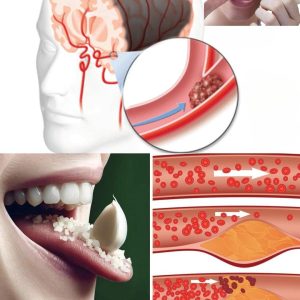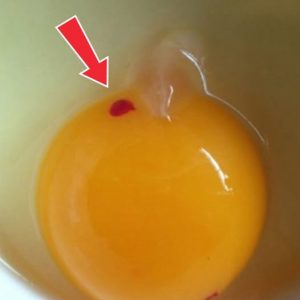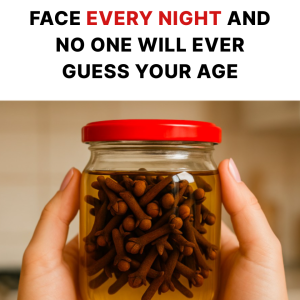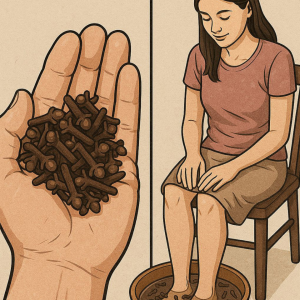
The gallbladder, a small organ located beneath the liver, plays a quiet yet crucial role in digestion. It stores bile, which is released into the duodenum during meals to aid in fat breakdown.
Bile also has antibacterial properties, helping maintain digestive health. When the gallbladder malfunctions, it can cause symptoms such as abdominal pain, nausea, or vomiting—reminding us of its importance and the need to care for it.
Should the Gallbladder Be Removed If Gallstones Are Present?
The decision to remove the gallbladder depends on the size and impact of the gallstones. If they’re small and asymptomatic, doctors usually suggest monitoring rather than surgery.
However, in cases of frequent pain or complications like inflammation or infection, removal may be necessary. Ultimately, the choice is based on symptom severity and related health risks.

How Does the Body Change After Gallbladder Removal?
- Reduced Fat Digestion
Without the gallbladder’s ability to store bile, fat digestion becomes less efficient, potentially leading to difficulty processing fatty foods. - Indigestion
Continuous bile flow into the intestine—rather than timed release—can disrupt digestion, causing bloating and belching. - Gut Bacteria Imbalance
Bile contains compounds that help control gut bacteria. Post-surgery changes in bile flow may disturb this balance, increasing the risk of infections and inflammation. - Bile Reflux
In some cases, bile flows back into the stomach, irritating the lining and causing discomfort or nausea. - Dietary Adjustments
To minimize digestive issues, patients often need to cut back on fatty, fried, or spicy foods, eat smaller meals, increase fiber, and limit alcohol. - Sleep Disruptions
Some experience anxiety or insomnia post-surgery. While not common for everyone, these effects can improve with time and healthy routines.

Potential Post-Surgery Complications – Why Surgery Should Be a Last Resort
- Reflux Gastritis
Weakened digestion due to less concentrated bile can lead to bloating and bile reflux, causing gastritis if high-fat foods are consumed. - Increased Risk of Colon Cancer
Studies suggest a higher chance of colon cancer after gallbladder removal, possibly due to an increase in secondary bile acids irritating the colon. - Common Bile Duct Stones
Without the gallbladder, pressure on the common bile duct rises, potentially leading to its dilation and bile stagnation, which increases the risk of stone formation.
Recommended Diet After Gallbladder Removal
- Easily Digestible Foods
In the early recovery stage, light meals such as lotus root starch or egg custard can ease digestive strain while supplying energy. - High-Quality Protein
For wound healing and recovery, proteins from eggs, milk, fish, beef, or shrimp are ideal. - Whole Grains and Nuts
Foods like peanuts, walnuts, and sunflower seeds boost immunity, but should be consumed unprocessed to avoid digestive burden. Peanuts are especially helpful in nourishing the stomach.

Post-Surgery Recovery and Discharge
Most patients are discharged within one to three days following laparoscopic gallbladder removal. Doctors monitor recovery by checking pain levels, wound healing, and food tolerance. Once patients can eat, move, and urinate normally, they’re typically cleared to go home.
Conclusion
After discharge, it’s essential to avoid smoking, alcohol, and late nights. Stick to a light, easily digestible diet and engage in gentle physical activity. With proper care, most people can gradually return to their normal diet within three months.




